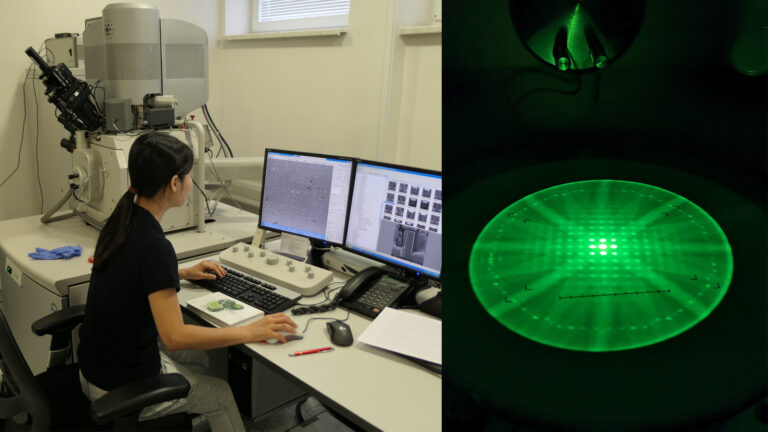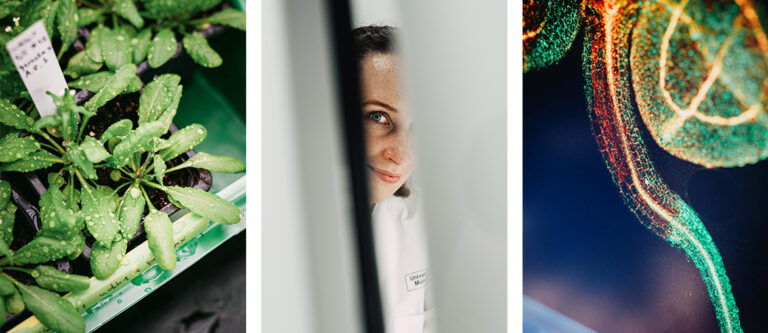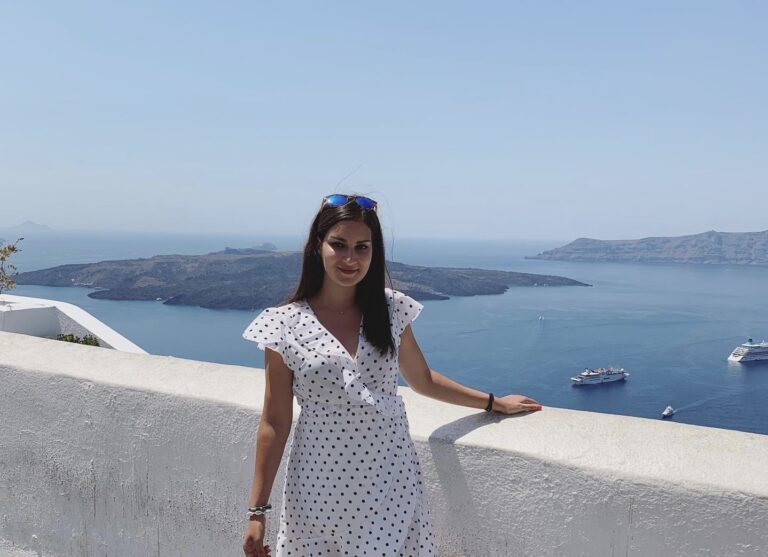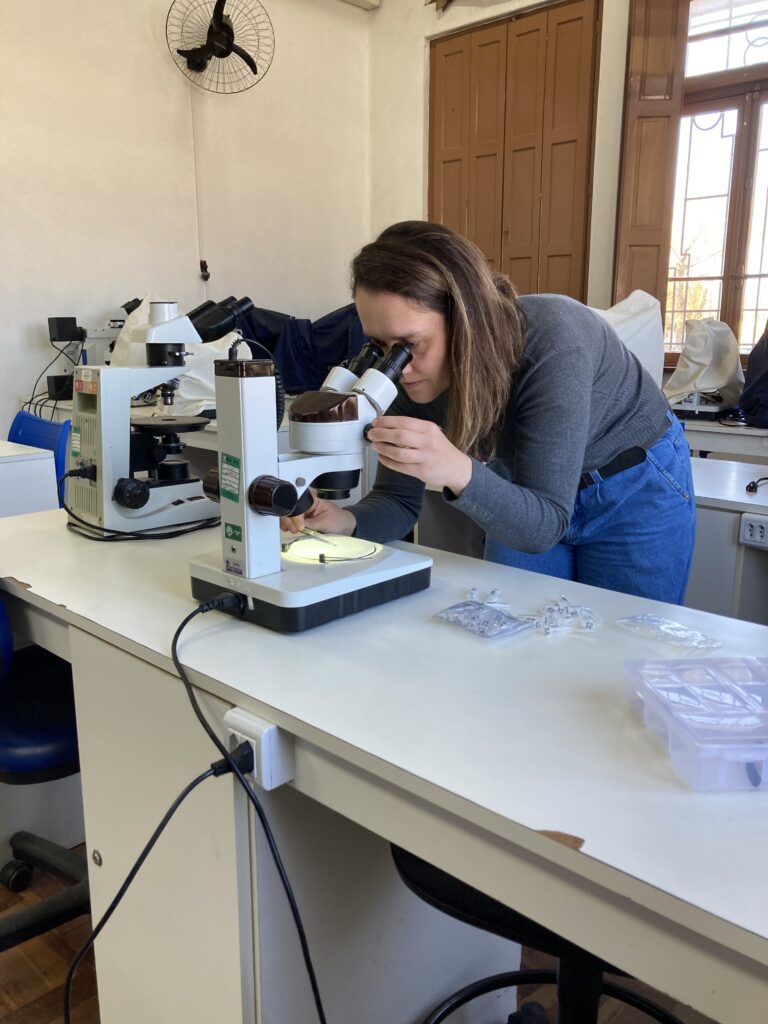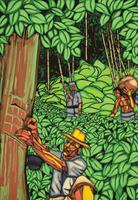
Creating Healthy Cities: an Interview With Our Urban Planner Dr. Rehana Shrestha
In the series “33 questions” we introduce, in no particular order, our WiRe Fellows who are currently working on a research project here at the University of Münster. Why 33? Well, if we think of the rush hour of life, it is kind of the age that lies in its middle. And we also like the number😉.
In today’s episode we are speaking with Dr. Rehana Shrestha, Urban Planner, who analyses the impact that citizen science projects such as the University of Münster’s SenseBox and OpenSenseMap Project have on creating healthier cities.

1. What motivated you to work in the field of urban planning with GIS (geographic information systems) applications?
After my Bachelor’s degree in architecture, I always wanted to pursue further study in urban planning. While choosing a university to apply for my Master’s degree I kind of followed my family tradition, as my father and my elder sister went for their studies to the ITC (University of Twente, Faculty of Geo-Information Science and Earth Observation). But more strongly I was drawn towards the application of GIS and remote sensing in urban planning. This also motivated me later to do my PhD on the application of interactive map-based tools in environmental health contexts.
2. Describe your daily work in three words.
Reading, writing and reflecting.
3. Describe your research topic in three words.
Citizen science, air and noise pollution, healthy cities.
4. A good urban planner needs…?
to be passionate about the things he / she is doing. She needs to have perseverance and needs to be patience in doing ‘slow science’.
5. What is the best experience you have had as a researcher?
My best experience as a researcher was when the stakeholders in a workshop I gave realized the potential benefit of using the approach and tool tested during the workshop and suggested to have a similar workshop with the residents.
6. What was your biggest research disaster?
Well, it did not end up being a disaster. But I recall one workshop in my PhD research that was about to be a disaster. I planned a workshop for my research with a group of stakeholders. Invitations were already sent and the date was already decided. In the workshop I had to provide a GIS-based model integrated on a MapTable. The MapTable is a horizontal touch enabled table. I was finalizing my model the day before the workshop and also setting it on the MapTable. In the end of that day the MapTable stopped working. There was no chance to call off the workshop on the next day. Fortunately, in the late evening, after letting the device cool off, it again started working.
7. Which (historical) important scientist would you like to have dinner with? What would you ask?
I would like to have dinner with Patsy Healey. She is one of the influential and prominent planning academics of this time. I would ask her opinion on current technological advancement in urban planning.
8. If time and money were no object: Which research project would you like to do?
I would do participatory action research using the citizen science approach to increase environmental stewardship among citizens and identify potential actionable results for creating healthy living environments.


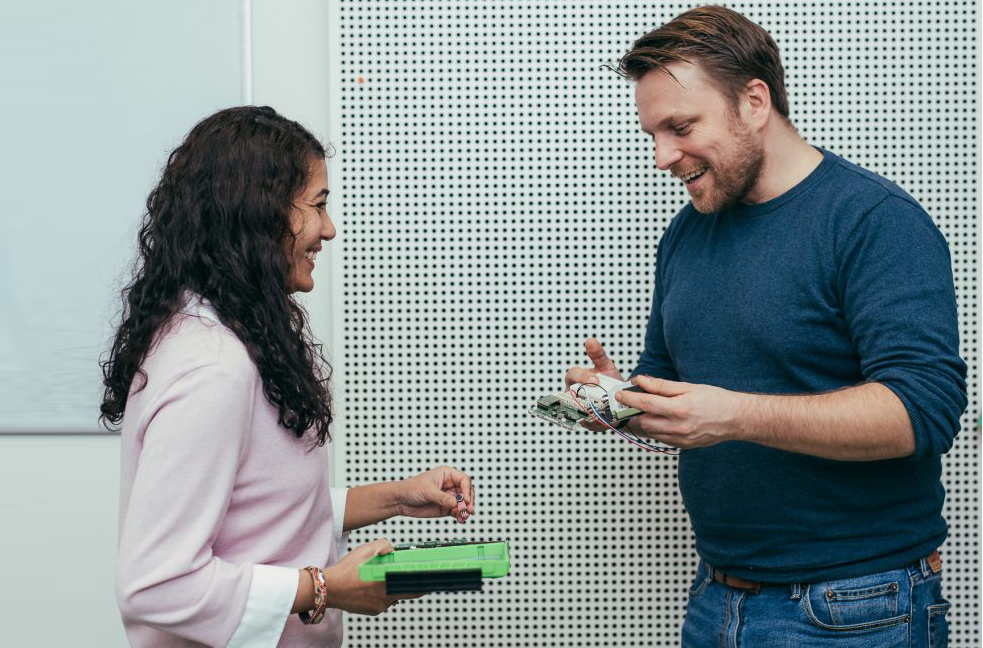
9. What is your favorite research discipline other than your own?
I will say medicine, as growing up I always wanted to be a doctor.
10. What do you consider the greatest achievement in the history of science / your field?
The incremental use of technology in the field of urban planning.
11. Which experience in the world of science disappointed you most?
I think researchers are still finding it challenging to influence policy and planning decisions. Therefore, the gap between science and policy still remains and researchers and policy makers are still like ‘travelers moving in parallel universes’.
12. How did you survive your PhD time?
I had lots of moral support from my family and my friends. I think all of them helped me to keep my spirit going throughout that period. I cannot deny a huge support from my supervisors, both morally and scientifically, and their trust in me, which really helped me to survive my PhD time.
13. What direct or indirect relevance does your research have for society?
The health impact of environmental factors such as air pollution, noise pollution, lack of access to green areas etc. is a societal problem. My earlier research work was about facilitating stakeholder engagement in these environmental health issues. To do so, I developed approaches that use GIS-based support systems to encourage collaboration, knowledge co-production and social learning among diverse stakeholders. Therefore, my research attempted to create opportunities for all stakeholders (researchers, practitioners, citizens) with diverse knowledge to take part in addressing the problems jointly. Currently, I am looking at citizen science projects and their impacts on science-society-policy in the context of air and noise pollution.
14. How did you imagine the life of a researcher when you were a high school student?
When I was a high school student, I used to see scientists on TV working in labs. So I used to imagine that all the scientists work in some kind of labs.
15. Is it actually different? In what way?
Yes! Scientific work varies a lot depending on the field of science you work in. While some scientific work involves laboratory work, others involve being in the field, talking with people, etc.
16. What do you like most about the “lifestyle” of a scientist? And what least of it?
Research in academia compared to ‘regular jobs’ means flexible working hours, which I like most. But, it also means that your work is not something you leave behind at the office.
17. Do you think your career would have evolved differently if you were a man?
I think being a man certainly would have given me more freedom when it comes to the questions of where I would like to establish my career.
18. If you were the research minister of Germany, what would you do to improve the situation of women in science?
I would support programmes such as WiRe to provide platforms for women at an early stage in their research careers and for those who want to restart their career in research. Moreover, I would start a programme that supports women from abroad, who did their research in Germany, to go back to their home country and establish their research career there.
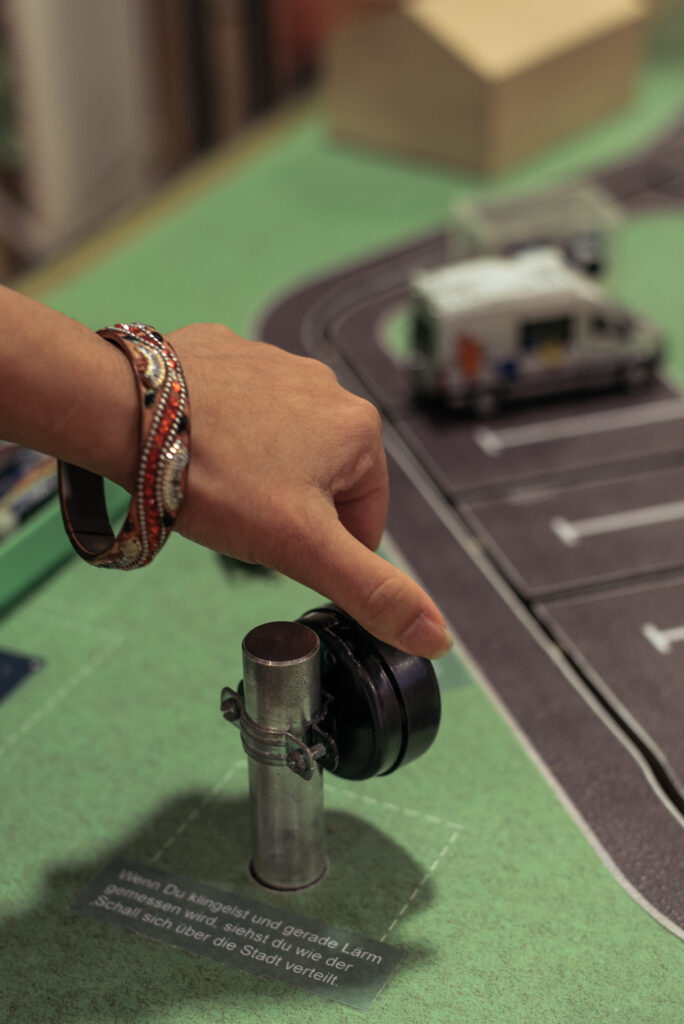

19. If you had a daughter, what would you advise her not to do?
I would advise her not to lose self-confidence and self-esteem.
20. What is the biggest challenge for you when it comes to balancing family and career?
Time management. When your work as a scientist is part of your identity, it becomes a 24/7 job. So, it becomes challenging for me to give sufficient time to my family at home and also be efficient in my work.
21. How often do you as a friend / partner / mother / daughter feel guilty when you have to meet a deadline again?
I do sometimes feel guilty about this as a partner.
22. How did you imagine your future as a child? What profession did you want to pursue?
Since my childhood I always wanted to serve people and society. My ambition had always been to become a doctor.
23. How do you keep your head clear when you are stressed?
Whenever I get stressed, I get involved in other activities such as cooking and try not to think of the thing that is bothering me. Sometimes I talk about it with my husband and he helps me to see the brighter side of it, which helps me to clear my head.
24. What is your favorite German word?
“Gemengelage” which is a typical German word! I learned it during my PhD time and we used this word in our research group for describing mixed land use development. It reminds me of my PhD time and my German research group ‘Jufo-Salus’.
25. What makes you most happy about the world?
The hope that people will make the world a better place.
26. What or who inspired you to become an urban planner?
As I said, since my childhood I wanted to become a doctor (doctor of medicine). I could not grab a scholarship at that time so I had to change my direction. I ended up doing my Bachelor’s degree in architecture. Even then I was kind of fascinated with the topic of health. In my final Bachelor’s thesis, I designed a healing center as a place where people can heal mentally and physically. Then ironically in my PhD I got this opportunity to work on environmental health contexts. When I look back, I think working in the field of health has always been there for me.
27. Which of your traits bothers you the most in your daily work?
I indulge myself into lots of thinking and reasoning, which on one hand is necessary. On the other hand, it often leads me into procrastinating.
28. What worries you most about the world?
The deteriorating environment in the cities.
29. Your favourite TV series?
I prefer watching movies than TV series.
30. If someone asks you about your age, what do you respond spontaneously?
Mid-thirties.
31. Which hobby have you given up for a life in academia?
I used to read novels a lot. After I started my career in science, I switched to reading scientific papers. Now, I do not have time to read fiction anymore.
32. What is your favorite place in Münster?
I like city the center of Münster, especially the Prinzipalmarkt, and I like it especially at night.
33. What surprised you most about the University of Münster?
Well, the university where I last conducted research is located in one place and here, I notice that the University of Münster or the faculties of the university are actually spread all over the city. I find this very interesting!


